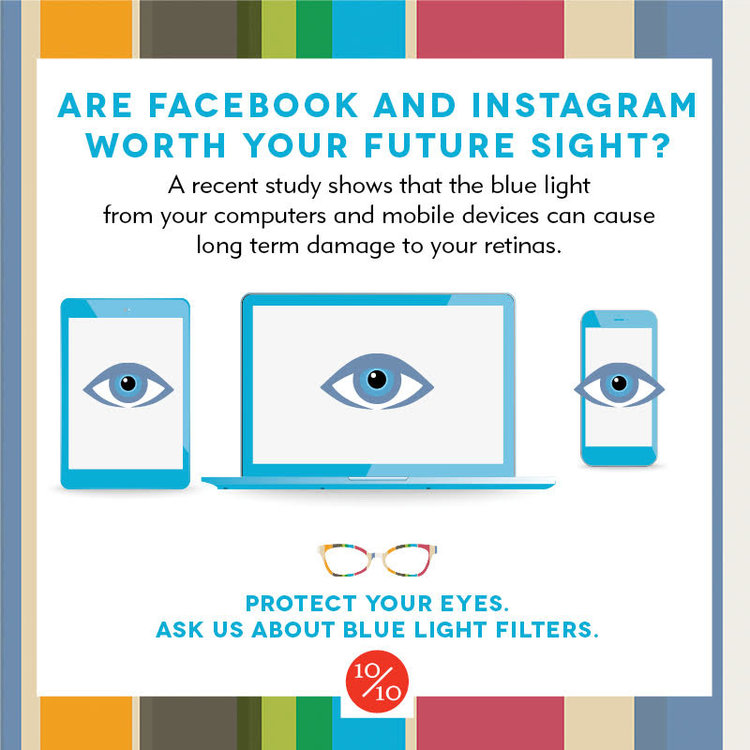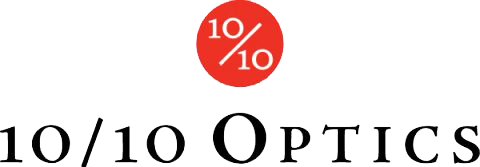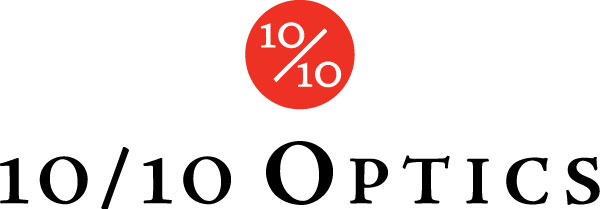The Hidden Effects of Screen Time on Your Eyes

As adults in the early 21st century, we’ve become obsessed with the concept of “screen time” for our children. We want to limit the amount of time they are playing on our iPads, playing video games or watching television, because we want them to have the same sorts of experiences we had as children – playing with actual toys, reading physical books, and playing with human friends outside.
Screens are an integral part of our day, from checking your notifications and schedule first thing in the morning, to working on that brilliant spreadsheet or presentation in the afternoon, to relaxing to your favorite shows on Netflix at night. All throughout the day, of course, you are also checking in on your various social media sites and keeping up with the news.
Beyond the information overload and the regular bursts of serotonin we periodically receive throughout the day in forms of likes, favorites and messages, what other effects does all our screen time have on our eyes?
It turns out: quite a lot.
Electronic screens emit an invisible “blue light”. Research now shows that prolonged exposure to blue light can lead to an increased possibility of causing permanent damage to your eyes. Blue light is toxic to photoreceptors in the retina, which in turn, could cause macular degeneration, which is a leading cause of vision loss.
Blue light also causes more immediate problems. It leads to that familiar eye strain that makes your eyes tired by the end of the day, and suppresses the production of melatonin, the sleep-inducing hormone that allows you to fall asleep at night.
There are a few different solutions that you can do to help eliminate blue light from your life. Even if you have perfect 20/20 eyesight, some doctors are now recommending wearing blue light filter glasses while working at your computer, to help minimize the immediate strain on your eyes and the long-term possibility of macular degeneration.
At 10/10 Optics, we now carry a full line of ready-to-wear no-prescription blue light filter readers from eyebobs. Our in-house lens lab also puts non-prescription blue light filter lenses in any pair of frames. Additionally, we now offer a special blue light filter you can add to any prescription lens.
You can also look in the settings of your different electronic devices, and make sure that you are reducing the amount of blue light they emit.
If you have any other questions about the effects of blue light and your vision, please feel free to ask Dr. Rozenberg during your annual eye exam.

